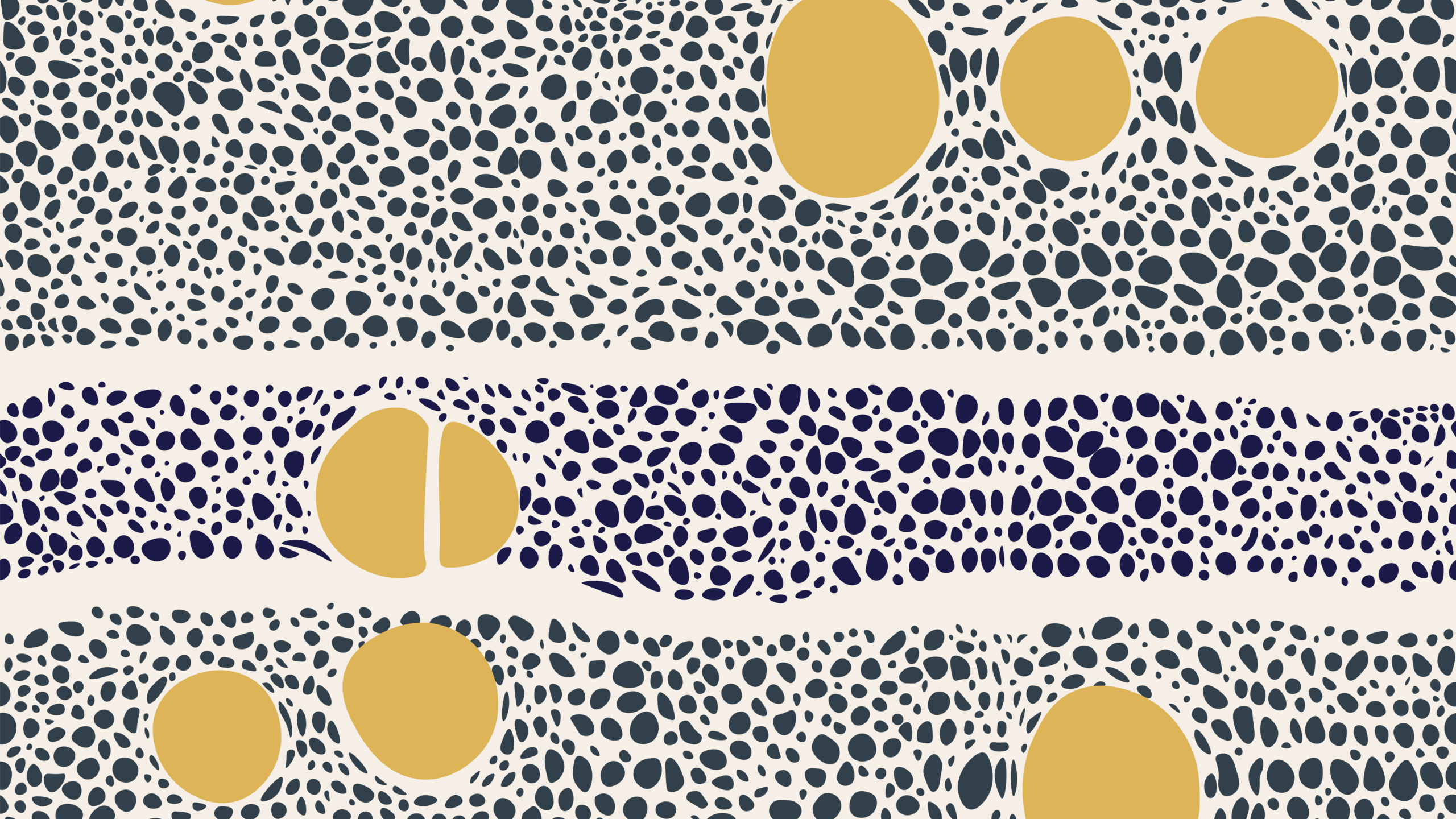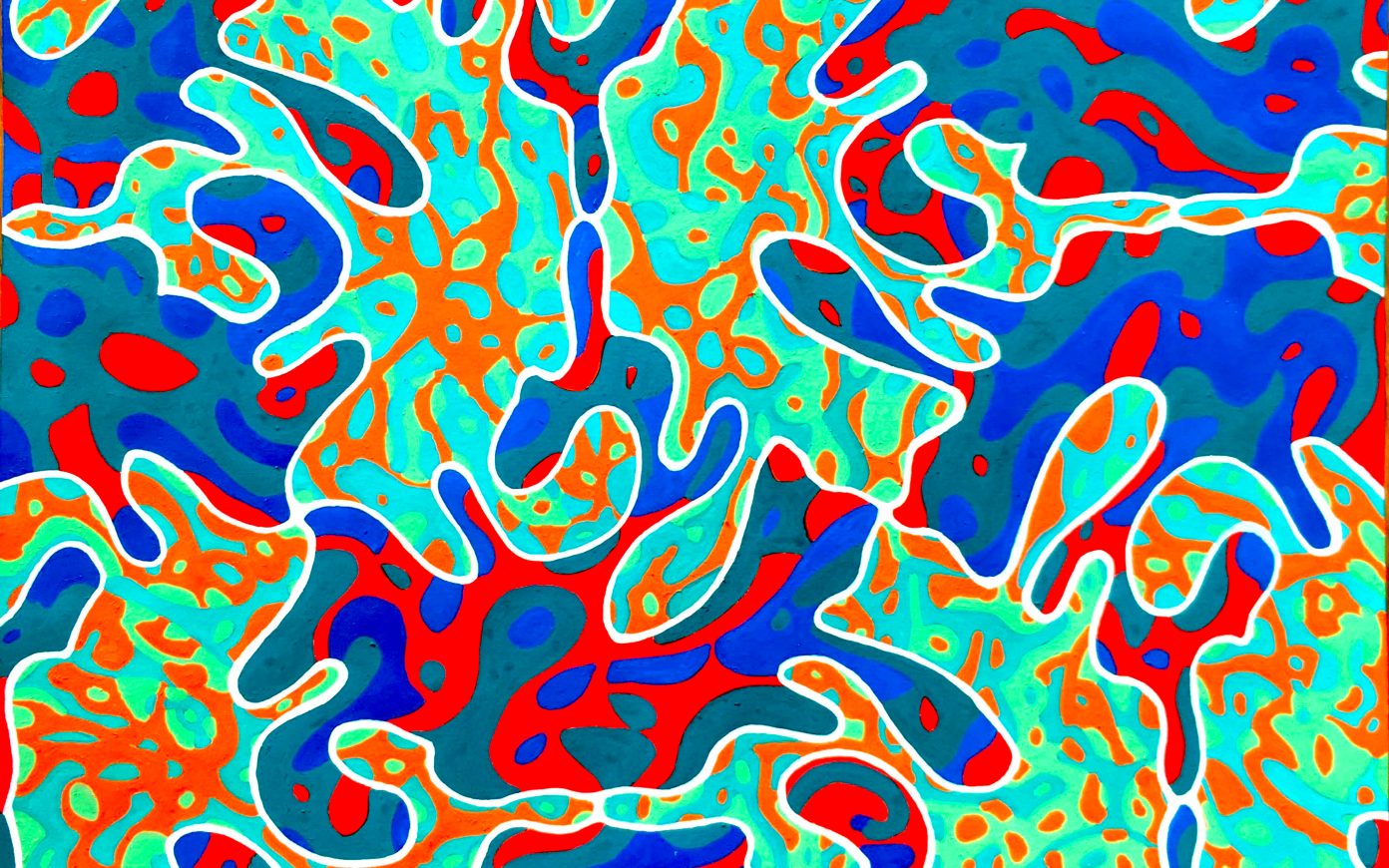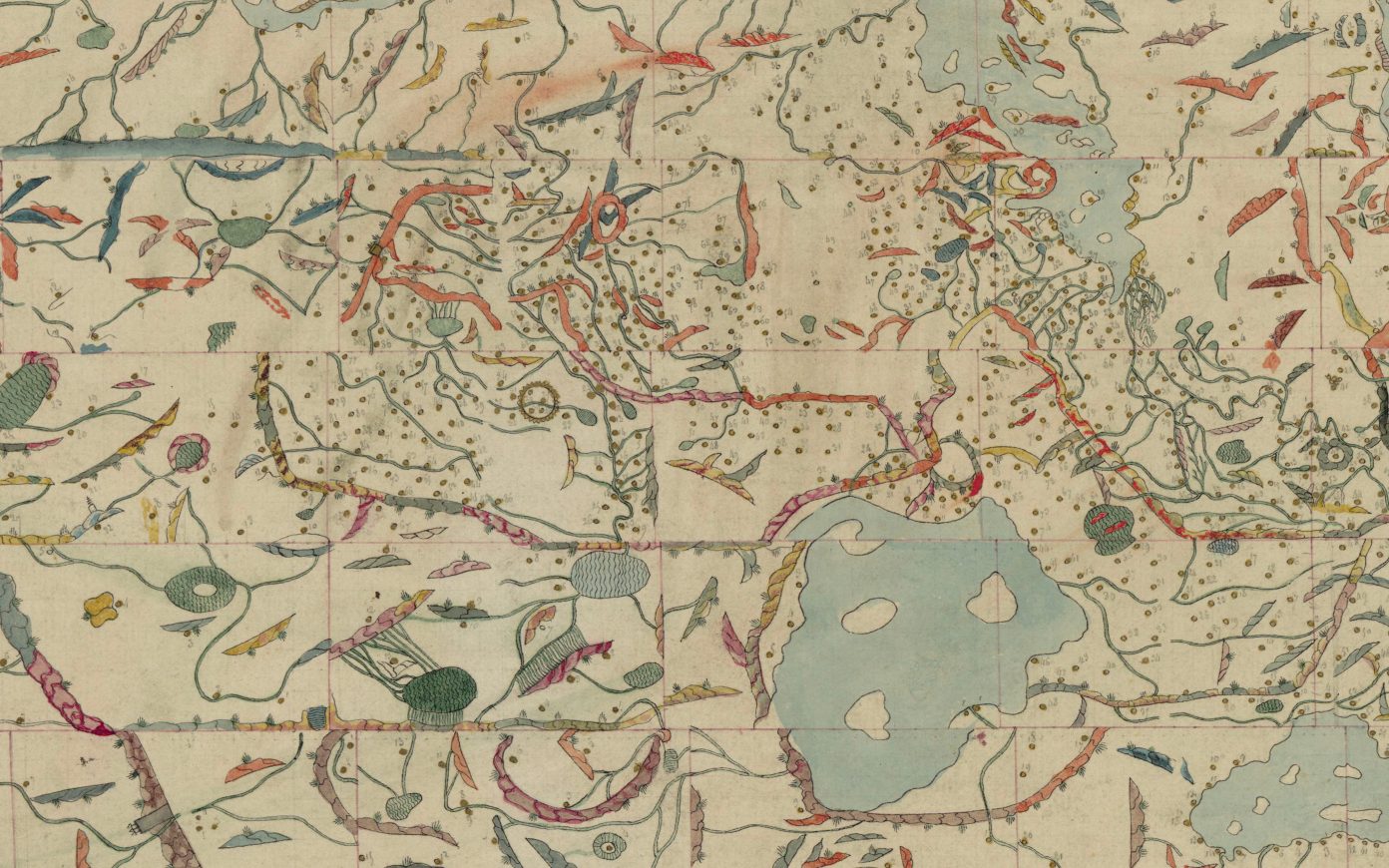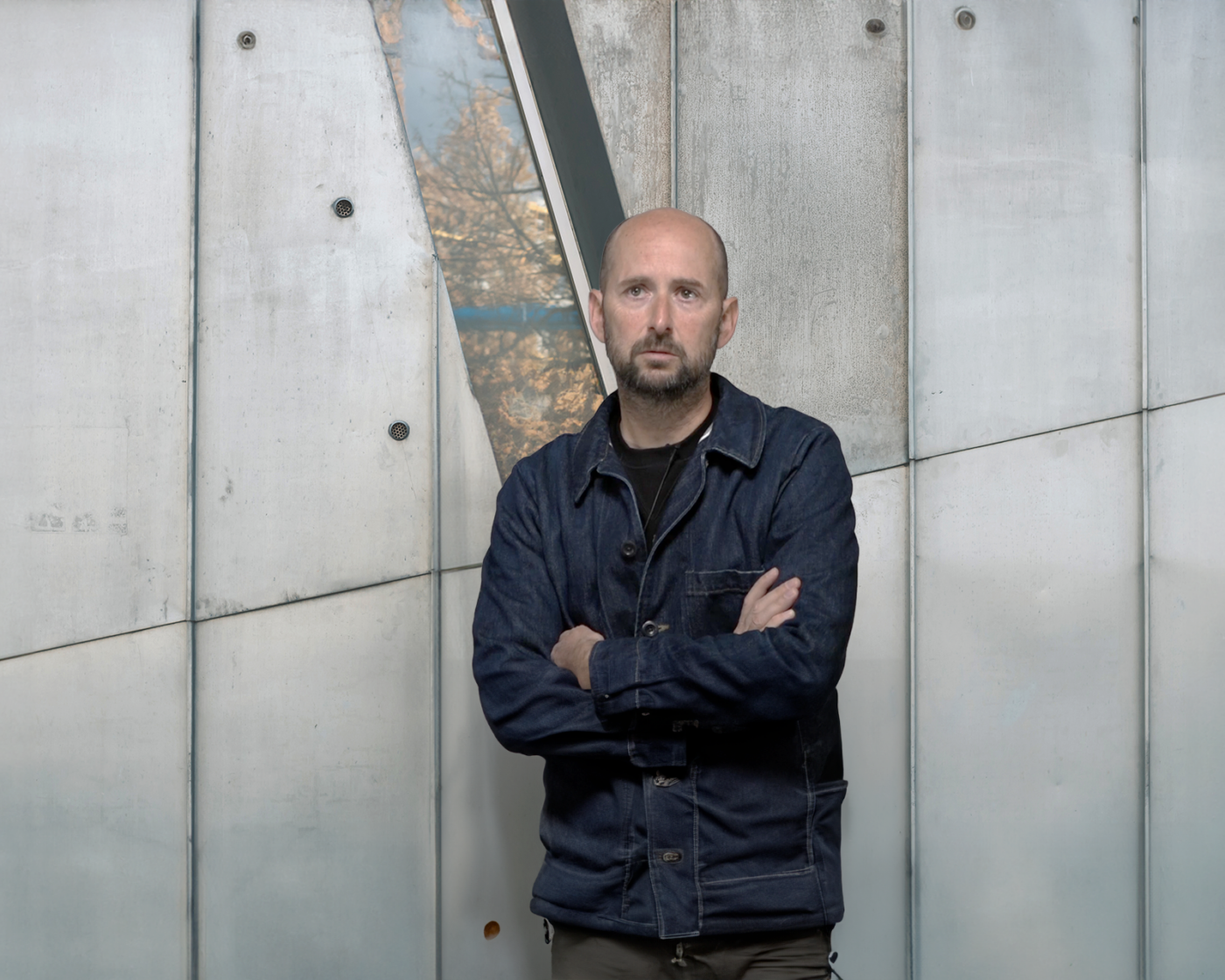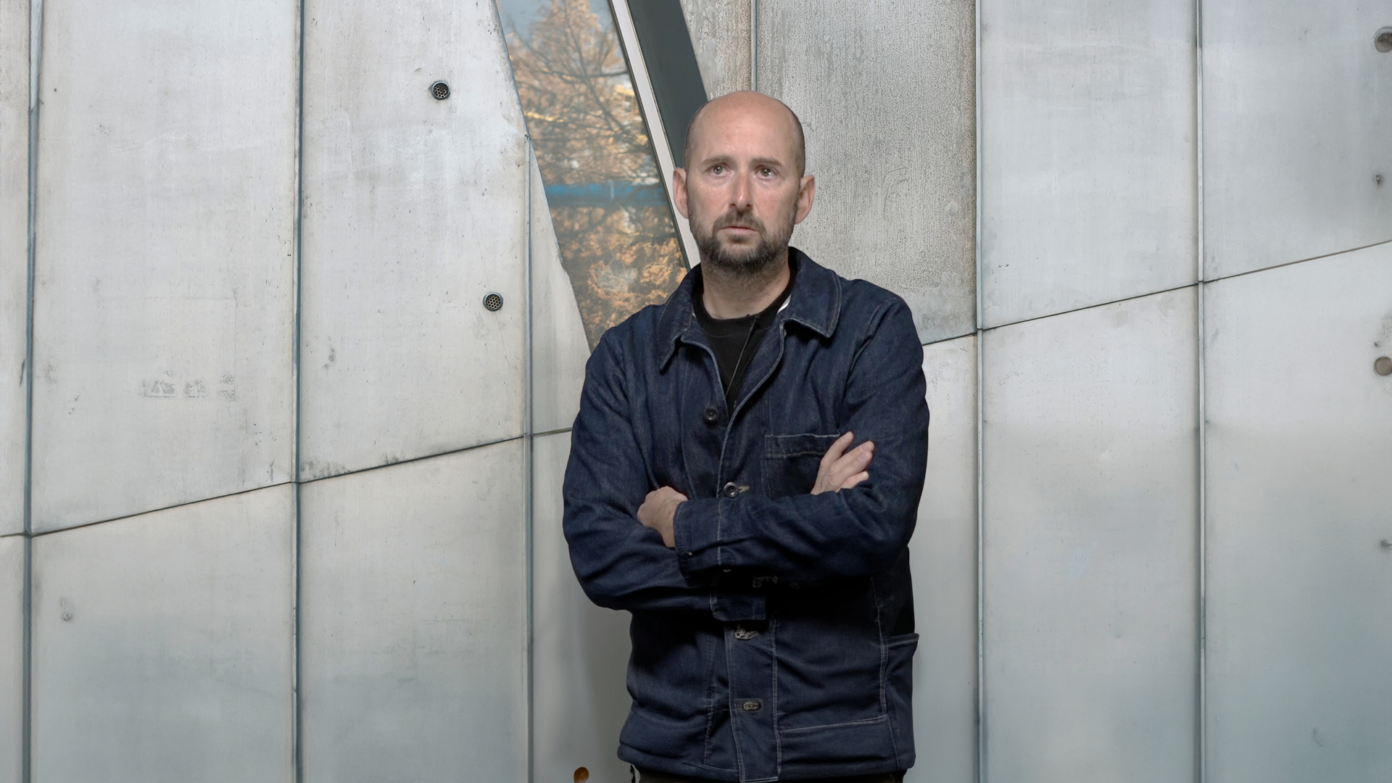The global health crisis has highlighted the vulnerability of metropolises. Do you have the impression that we are beginning to question urban living and do you feel that is justified?
The pandemic has led a number of social, cultural, and political players to bring into question urban organization and to criticize cities—particularly in their most metropolitan forms—pointing out that dense, diversified urban settings might potentially carry pathogenic risk. Such narratives are particularly strong in countries with a tradition of criticism of urban issues, especially so in France, where the political culture seems fundamentally urbanophobic to me. It’s a phenomenon that also exists in the United States, especially among the Republican electoral base that supported Donald Trump. However, if we analyze the situation in more detail, we can see that, actually, precisely because they were so suddenly unable to move around and to patronize public or cultural spaces, urbanites were quick to realize the importance of urbanness. Deprived of the call of the outside world, our individual lives have suffered from the loss of sociability in the workplace and of the possibility of meeting strangers.
Urban space is precisely that which enables us to enjoy such a relational life, within a relational city that demonstrates its significance when we are deprived of it. The main difficulty of this experience—with the lockdown, the curfew, and the restrictions on movement and on physically patronizing certain spaces—is surely that it takes our individual existence back to a sort of face-to-face with ourselves or our immediate family. Some people probably derived some pleasure from the situation, however, for most of us, it soon became apparent that what we gained in comfort and security, we lost in terms of our ability to relate to others, to connect, to open up, as well as our experience of otherness. In that sense, I am convinced that the calling into question of urbanness only proceeds from those among us that already disliked cities. If anything, the pandemic crisis has reinforced the value of the experiences that cities provide us in “normal” times due to this in-vivo experience. To some extent, urbanness might be strengthened as a result, though it will probably differ from that of four or five years ago as through this process we have also learned that we could approach our relationships with others differently. This experience has comforted us in our belief that we need to live relationally, all the while impelling us to reflect on our priorities in terms of relationships.
This relational life is also impacted by the large-scale shift toward remote working induced by the crisis. Why do you think this poses a major social and urban problem?
It seems to me that generalized remote work can be considered a “counter-social” development, particularly since it undermines the historical foundations of salaried employment. Over the past two centuries, industrialization has led salaried employment to develop as the practice of a profession within the specific social setting of business, in other words, by definition, not at home. We have organized our societies and our social models based on that concept, with the underlying idea that the workspace isn’t meant to be at home. We gained individual and social rights from this idea, and not surprisingly, quite a few corporations—including in tech—are now promoting remote working that clearly could call into question the workers’ rights that we have collectively gained over more than a century. It is also a “counter-social” development in the sense that it goes in the direction of all those—and there are a great many with such opinions among economic players, but also a certain number of cultural and political ones—who see the ideal of life as a restrained one, refocused on one’s home and the personal sphere—on what I’d call the “domestic citadel” or the “domestic fortress.” For some, the model future life would follow the maxim of “one’s home is one’s castle,” with individuals ordering anything they want through applications and platforms. A form of self-sufficiency which would turn individuals into “embodied hyperplaces” who could bring everything back to them, sending out their desires and orders to the outside world. I find this model deeply problematic because it flies in the face of the importance for individuals—which I do not assume due to a philosophical position, but infer from the entire history of individual and social life—of the relationship with others, exteriority, the need to engage with what isn’t one’s home, and the possibility of taking on relationships that aren’t constrained by family necessities. What are we looking for outside? Ties and connections, however weak, that are specifically not imposed by parentage, family, or work. That is what we get a taste of when engaging in the urban practice of leisure. It’s what drives us to go out after a day’s work or on the weekend. We go out to meet others, those we don’t know, in a sort of relationship of indifference. It’s a very peculiar relationship given that it isn’t one of familiarity with these other people, although we frequent the same places. But we aren’t engaged in conflictuality either. At the end of the day, the generalization of home-based, fully digital activities—from remote working to remote consumption, leisure, training, medicine, and so on—is a “counter-social” trend that is the antithesis of urban society.
This city of relationships, of otherness, is also a space whose challenges and increasing complexity also appear to be inaccessible without the other. Are you under the impression that we are witnessing the advent of a new multidisciplinary urban science?
The scientific study of cities and urbanization has always been conducive to cross-disciplinarity since it became clear, when Cerdà invented urbanism in the sense of a new science in the nineteenth century, that this process was so complex that it couldn’t be captured by a single discipline. This was magnificently demonstrated in the 1960s by Françoise Choay in her studies on the emergence of this new field of knowledge. However, it seems to me that this trend has taken on further impetus over the past few decades, as urbanization became global and took the form of an increasingly complex system, disrupting living spaces and landscapes—but also the lives of individuals, cultures, economic production, and political regulations—by unfurling synchronically at all scales. This can be anything from the scale of the planet to the local scales of our daily practices. No single discipline can capture this complex system in its entirety.
The urban studies that took off as a field of study around the world in the 1960s and 1970s were also cross-disciplinary. They already brought together social sciences, geography, architecture, urbanism, law, and engineering sciences in relation to networks. Nonetheless, it seems to me that this is increasing and we are experiencing a new stage in this cross-disciplinarity with our entry into the Anthropocene. Indeed, there is a growing understanding that urbanization is a system that produces environments and that urban activities have an immense impact on biophysical systems. A new cross-disciplinarity is therefore developing to understand this global change caused by planetary urbanization. This has led me to consider that the Anthropocene is, in many ways, an Urbanocene. We are now seeing geographers working with ecologists, and ecologists working with specialists of atmospheric sciences, who themselves are working with urbanists; we are seeing legal professionals working with biologists, chemists working with geographers, and so on. I am seeing it within the École Urbaine de Lyon, which I founded and direct in order to address the issue of the urban Anthropocene. All disciplines are currently converging toward a common reflection: how can contemporary urban reality be considered in regard to the fact that it is a driver of global change? And, in turn, how can we think up the required transformations demanded by this global change in terms of the understanding and design of these urban spaces that will have to accommodate ten billion people on Earth by 2050?
Could you explain the École Urbaine project in more detail? What is the vision and the methods that are developed there? Who is involved and around what learnings?
The École Urbaine de Lyon is an experimental research and training program, funded for a period of eight years (until 2025) by the General Secretariat for Investment under the French Future Investment Program. Our aim is to corroborate the following hypothesis: that the generalized urbanization of the world is driving global change. We are entering the Anthropocene, an era in which we’ve realized the systemic impact of human activities on the planet, synchronically at all scales, and we owe it largely to urbanization. It should be noted that urbanization isn’t only a demographic or geographic phenomenon, even if the growth in urbanized populations and the disruption of spaces are relevant indicators of the force of the process. Rather, it’s a transformation of “life forms.” All “earthlings” now inhabit the planet as urbanites, even when they live in rural areas! We return here to my analysis that posits urbanization as an “instituting” force driving the world, from which we are trying to develop innovative scientific and training activities based on the idea of radical multidisciplinarity.
We are introducing research “studios” on highly transversal themes that shake up disciplinary certainties. For example, we just created a research studio on the urban metabolism in order to try to understand what the concept of metabolism can contribute to the understanding of the Anthropocene’s urban realities. We are also developing an innovative doctoral program—which currently includes more than twenty PhD students with a background in experimental sciences or social sciences—that encourages postgraduates to engage in educational activities that are unconventional at that academic level. We thus created Radio Anthropocène, which is on air every Wednesday and is largely based on programs that are developed and produced by the postgraduates themselves. The radio thereby acts as an instrument for educational discovery that drives them to take a different approach to their knowledge.
We also devised the École Urbaine as an open university for all forms of Anthropocene knowledge, hence the name of the school. All of our activities are open and free to the public. We organize public lectures, research seminars, and public experimentation workshops. We also offer public discussions, develop partnerships with artists, and design exhibitions. Two recent exhibitions that we co-produced and co-designed come to mind—La Terre en héritage was held at Lyon’s Musée des Confluences and brought together the Neolithic and the Anthropocene, and Énergies Désespoirs, which was held at the 104 in Paris and was developed with Encore Heureux Architectes. That was a very unique exhibition—entirely based on painting and dedicated to a reflection on the state of the planet.
Every year, at the end of January, we also organize a week of research, experimentation, and public discussions, called À l’école de l’Anthropocène. It is the largest regular public event on the topic in Europe, possibly even in the world. Finally, we develop an intense activity of digital publishing—through our online platform Anthropocène 2050—as well as audio and video broadcasting through a YouTube channel and podcasts. There’s also paper-based publishing in partnership with Éditions deux-cent-cinq. This is all explained in detail on our website. We view this all-out drive as an incubation activity. Our objective is that, at the end of the program, in 2025, we will have been able to shift the lines and inspire researchers, students, stakeholders, and civil society groups to think and act while overcoming former certainties in order to face the uncertainty of the Anthropocene. I am delighted to be able to end my academic career with this very bold program.
What do you believe is the fundamental knowledge that must be passed on to the new generations of students/players? What kind of new intelligence does the École Urbaine aim to generate in order to address the challenges of the urban Anthropocene?
I believe it is crucial to further expand the scope of cross-disciplinarity and this proceeds from what I explained earlier. All of the students interested in issues relating to the Anthropocene should undergo training that equips them with theoretical and experimental knowledge from hard sciences, theoretical and empirical knowledge from social sciences and the humanities, and technological knowledge from engineering sciences. They should also be acquainted with design, in its broadest sense, i.e., the ability to design a process or a production based on the assessment of a situation.
I believe that we must better prepare them to address social issues and get involved in the city. They must also get involved with what art and creation can illustrate about the human experience from the perspective of cohabitation on planet Earth. What we’re trying to do at the École Urbaine could be summarized as follows: it’s an approach of interdependence among all forms of intelligence of phenomena, with an acknowledgment of the pluralities involved in exploring and expressing knowledge. We must do away with the traditional pyramidal hierarchy of knowledge, just as it is necessary to do away with disciplinary silos. The questions relating to the Anthropocene are so complex that they shake up all our certainties and compel us to reinvent our ways of thinking and doing. This poses a considerable educational challenge, but it is also a highly stimulating creative constraint. I find that the younger generation yearns for that and this delights me.
Do you feel that geography, which is your original discipline, has a specific role to play in this interdisciplinary analysis of the challenges regarding the city?
What I find interesting, and what leads me to believe that geographers have much to contribute to this cross-disciplinarity, is that the urban question is first and foremost a spatial issue. It always proceeds from a space that is problematic, be it local or global, whether we focus on the whole planet transformed by urbanization or just on the home of a resident within this urban system whose forms of life correspond to the globalized forms of life which it deploys. In my opinion, the first step in understanding the contemporary urban question is always a spatial issue. The COVID-19 pandemic could, for instance, be conceived entirely as an urban phenomenon taking place in planetary urbanization and deployed thanks to the systematics of this urbanization. This means that we can view it as a spatial phenomenon, from the infection of patient zero near Wuhan in Hubei province toward the end of 2019, right up to the global paralysis and the calling into question of the ordinary workings of global systems. Planes aren’t flying anymore, malls aren’t operating, freighter traffic isn’t the same, and so on. All of these are spatial problems that enable us to consider the state of the urban system as transformed by the pandemic crisis. This is why I find it very difficult to imagine urban realities without tackling this thinking through the spatial issue, no matter the scale.
Could you expand on your “common health” concept, which focuses on connecting these spatial scales together?
For the past twenty years or so, we have seen the emergence of numerous reflections throughout the world on “global health” and the One Health approach—of inclusive health—even though I prefer the expression global health. These are reflections exploring the way we could, in a given space, align concerns over social justice, ethics, and public healthcare with concerns regarding the restoration and repairing of ecosystems. Justice and ethics stem from an approach promoting a social system in good health, enabling most individuals to live a good life. The “public healthcare” dimension covers everything that allows individuals to get through the health challenges that they necessarily experience over the course of their lifetime—which is something we feel more keenly than ever before. Finally, there is “ecosystem health,” which refers to all the approaches that we can undertake to reinforce and regenerate ecosystems rather than to deplete or degrade them due to the impact of generalized urbanization.
The term “health” is, of course, questionable, especially when applied to ecosystems or social phenomena in the sense that we must be wary of any drift toward the primacy of sanitary considerations. But it seems to me that there is something deeply interesting in this idea, particularly since health is perceived to be more of a form of care. In that respect, I prefer to talk about a specific form of care: how can we take care of society in a way that doesn’t leave out the weak? How can we take care of the health of all humans? How can we take care of ecosystems to make sure they aren’t depleted and so that the living beings within these ecosystems are in the best possible health? What I mean by global health is therefore this “generalized care”—one that encompasses interconnecting scales—given that taking care of individuals intersects with taking care of society, as well as taking care of ecosystems, even though they aren’t expressed at the same scale.
When we observe a local phenomenon, we see that an ecosystem brings us to the very limits of the planetary biophysical system. And, since it is a system, all scales are articulated and connected. “Caring” for society places us at yet another scale: what society are we then considering? Local society? But local society is directly related to national society, which is itself not decoupled from the dynamics of global society. This leads us to acknowledge what I call the “hyperspatiality” of contemporary urban phenomena, that is the synchronous interplay of all scales, of all orders of magnitude, which characterizes the contemporary urban world.
For this reason, the care-based or global health approach seems interesting in terms of understanding these linkages between scales, but it is also fundamental from the standpoint of ethics and politics given that care is the exact antithesis of the narratives of conquest and power that have been imparted to us as development models for human activity for the past fifty years. In that sense, “care” is probably what will help us face the Anthropocene.
